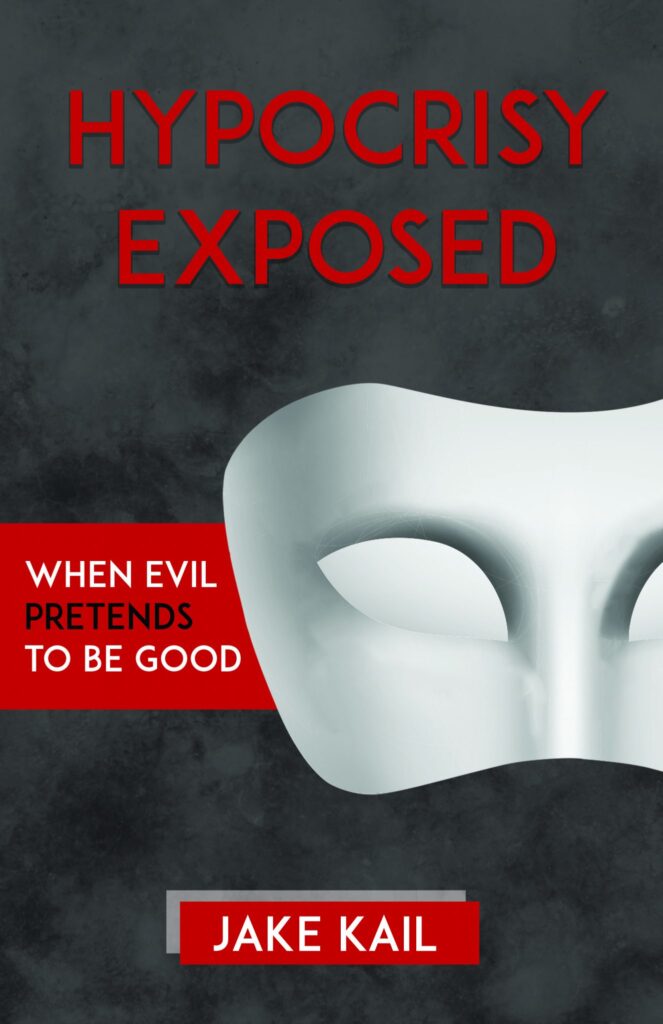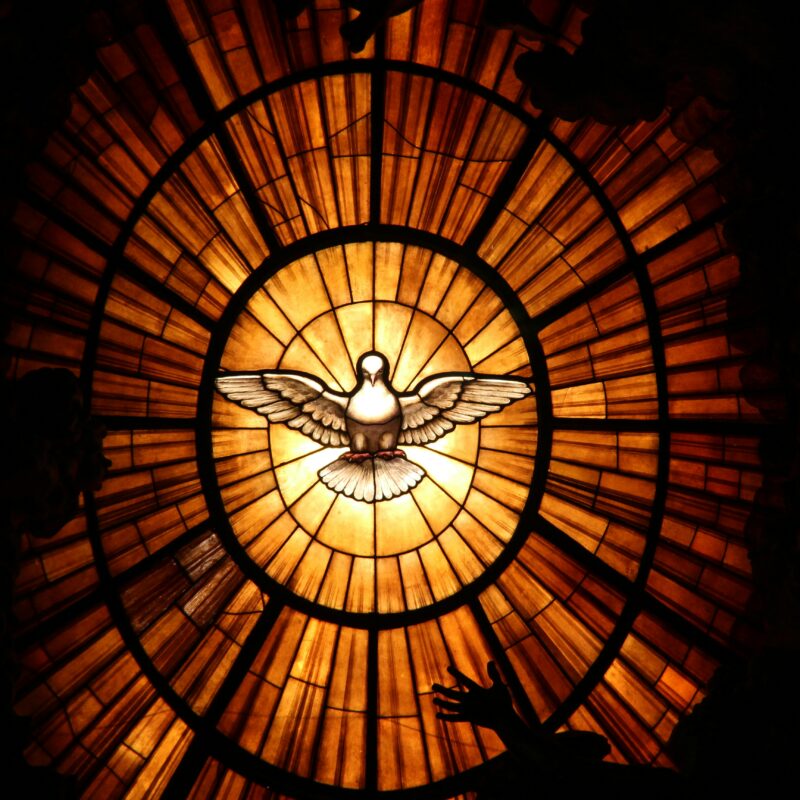
There is No Substitute for the Secret Place
April 9, 2020
How Long Should the Church Set Aside Essential Practices to Follow the Government’s COVID-19 Orders?
May 6, 2020
In the New Testament, there are various warnings about false teachers and false prophets. There is a clear call for wisdom and discernment in this area, and we must take this seriously. However, I find that sometimes these terms are used incorrectly to describe people who don’t truly fit the definition. In this excerpt from Hypocrisy Exposed, I describe how Jesus defined a false prophet:
Another category of religious hypocrisy is false prophets and false teachers. A person with narcissistic and hypocritical qualities in a position of authority in the church is a recipe for great evil. The Bible has many warnings against deception and false prophets. We need to understand that a false teacher/prophet is not simply someone who is a little off in their theology, someone we disagree with about a non-essential point of doctrine, or a preacher that we simply dislike. An actual false prophet is a wolf in sheep’s clothing. Jesus describes this in Matthew 7:15-20:
“Beware of false prophets, who come to you in sheep’s clothing, but inwardly they are ravenous wolves. You will know them by their fruits. Do men gather grapes from thornbushes or figs from thistles? Even so, every good tree bears good fruit, but a bad tree bears bad fruit. A good tree cannot bear bad fruit, nor can a bad tree bear good fruit. Every tree that does not bear good fruit is cut down and thrown into the fire. Therefore by their fruits you will know them.”
These are not people whose hearts are good, but whose doctrine is mistaken in certain areas. These are people whose motives are to prey on the flock instead of feed the flock. They live a double-life and intentionally deceive people. Some are after money, others power and control, others sexual immorality; often it is a combination of these. They lead cults and other aberrant movements; or sometimes they lead mainline denominational churches or non-denominational churches. They can be pastors, itinerant speakers, and other church leaders. They can also be congregation members who pull others astray after themselves (see Acts 20:29-30). They can be high-profile and nationally known, or they can be small-town Sunday school teachers.
Many times, false prophets and teachers will ascribe to and teach strange or heretical doctrines. Other times, their doctrine might generally be orthodox, but there is hidden darkness behind closed doors and sinister motives at play. I believe that biblically speaking, a false teacher is defined as a false Christian who is a teacher; not simply a person who teaches a false or misguided doctrine. This distinction is an important one, as I think we have often misunderstood what the term false teacher means. (It is possible for genuine Christians to teach false doctrines in non-essential areas. No human teacher is always correct, one hundred percent of the time. But there are some false doctrines that are considered heresy, such as false beliefs about the nature of Jesus. See 1 John 2:18-22, 1 John 4:1-3 and 2 Peter 2:1.)
Jesus makes it clear that we must learn to recognize false prophets by their fruit. A wolf in sheep’s clothing is hard to recognize at a distance, but when the fruit of their life is examined over time, the reality of who they really are is eventually revealed. (See 2 Peter chapter 2 for more insights into the nature of false teachers and false prophets.)
Click below to purchase from Amazon:




